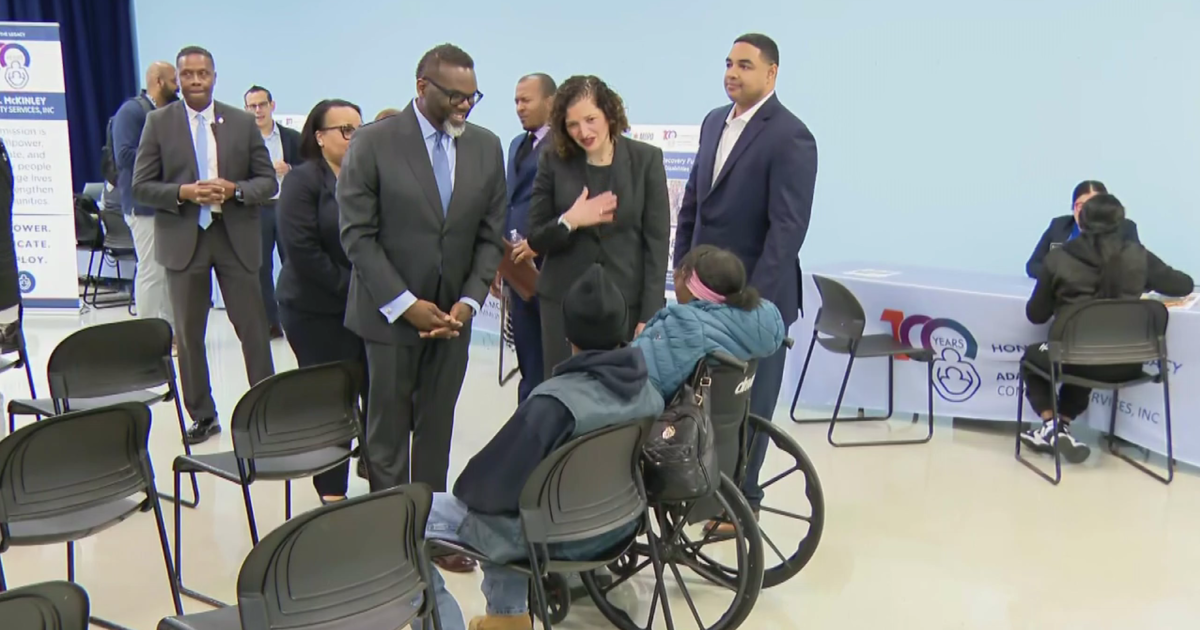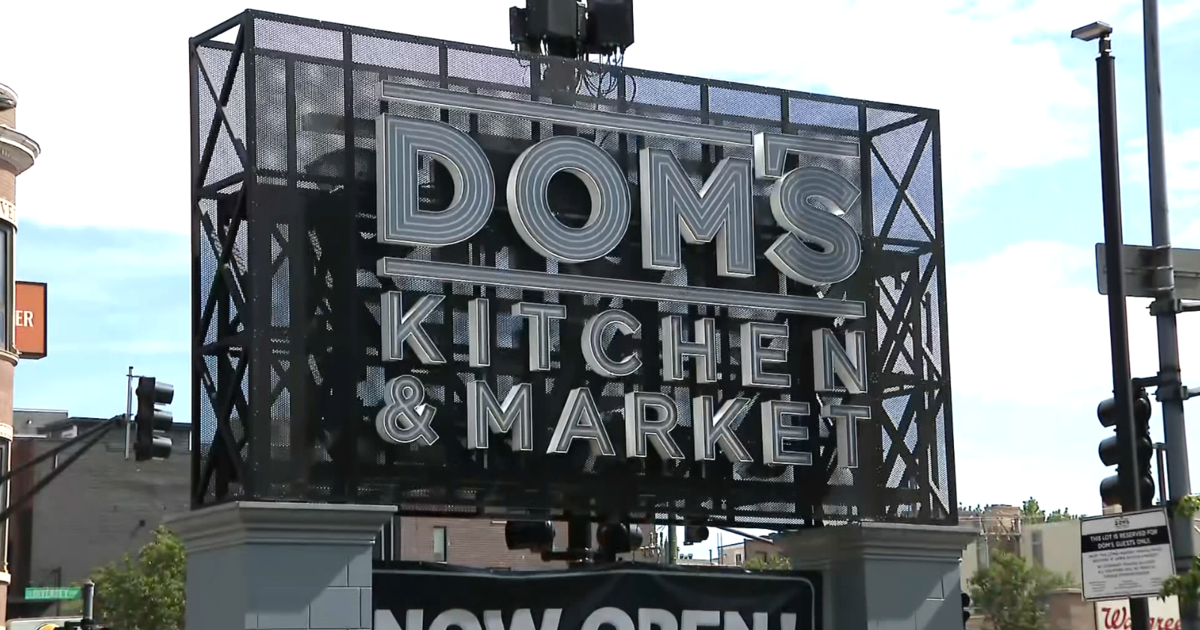With Some Landlords Raising Rent, And Limited Financial Help Available, Many Tenants Fear For Their Future
CHICAGO (CBS) -- The city is revving up a new $33 million rental assistance program, but they still can't stop landlords from raising rent on tenants.
CBS 2 Morning Insider Tim McNicholas learned dozens of people have had their rent increased during the pandemic, and with the state's eviction ban expiring on Aug. 22, some say the mayor's office needs to step up.
"I've been a faithful tenant for 12 years," Theresa McKinney said.
Out of work for months, McKinney said "everybody's having trouble paying the bills right now."
McKinney said the last thing she wants to do is pay more in rent for her East Garfield Park apartment, but her landlord told her in May if she re-signs, her rent increases from $850 per month to $1,025.
She re-signed because she says she didn't have many other options.
"So they're raising your rent knowing that there's not very much you can do. You can't move. You don't have the money already to pay the rent where you are. So how are you gonna go somewhre else, pay security deposits?" she said.
On Monday, Mayor Lori Lightfoot unveiled a new $33 million housing assistance plan, funded by money from the federal coronavirus relief package.
For those making up to 50% of the area's median income, the city will provide up to six months of rent support, based on need. For those earning up to 60% of the area's median income, the city will provide grants of $2,000 to $3,000, depending on need.
Half of the funding will go to families making less than 15% of the area's median income.
But with so many people struggling to pay bills during the pandemic, there's no guarantee McKinney will make the cut for assistance, and with the state's temporary ban on evictions set to expire in less than a month, she's worried what could happen next.
"II think they should really look into this, and start setting aside fines; fines for landlords and management companies that are doing things like this," she said.
The Metropolitan Tenants Organization said they have received 85 calls from Chicago tenants complaining their rent has gone up since March 1.
Kyla Greenfield said her landlord told her in February her rent would increase $170 per month starting in June. Then the pandemic hit, and she had to hit the brakes on her part-time rideshare gig.
"Right now, that's not an option for me. I have my daughter that I have to take care of, and I have my graduate program," she said.
Greenfield said management is now telling her the new rate starts Sept. 1, and if she can't afford it, she needs to move out by the end of August. Like McKinney, she's concerned her landlord could try to evict her after Aug. 22.
The governor's office might extend the moratorium, but it's unclear if that will happen.
CBS 2 reached out to landlords for both of those women to ask why they can't reach a compromise, but we haven't heard back.
We've also asked the city what, if anything, they are doing to crack down on landlords raising the rent right now. This was the response from the Mayor's office:
"The well-being of all Chicago's residents will always be a top priority of the Lightfoot administration, especially during these unsettling times. Under State law, the City does not have the authority to abrogate private landlord/tenant contracts or enact a rent freeze. There is, however, no prohibition against the City helping rent-burdened residents in other ways during this unprecedented crisis. That is why last week the Chicago City Council approved the Fair Notice Ordinance that will provide tenants with some stability and provide tenants of six months to three years with 60 days to secure new housing when their landlord intends to increase rent, does not renew or terminates yearlong or month-to-month leases, up from 30 days required previously. For renters who have been in their current unit for more than three years, landlords will be required to provide 120 days of notice.
"To assist renters and landlords with financial burdens, the Mayor with the Departments of Housing and Family and Support Services yesterday announced the $33 million Chicago Housing Assistance program that will provide relief for renters and property owners and eviction counseling for low-and moderate-income Chicago households impacted by the coronavirus pandemic, including grants of up to $3,000 for renters and $3,300 for homeowners. The Chicago Housing Assistance program, funded through the Coronavirus Aid, Relief and Economic Security (CARES) Act and the greater philanthropic community, is an expansion of the COVID-19 Housing Assistance Grant Program announced in March and funded by the Affordable Housing Opportunity Fund to assist Chicagoans who have lost their jobs or otherwise been impacted by the economic fallout from the coronavirus pandemic with grants of up to $1,000."



